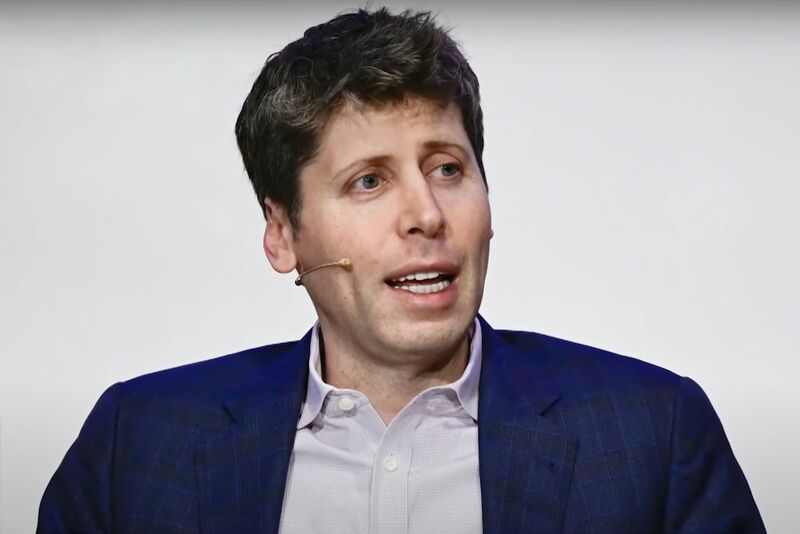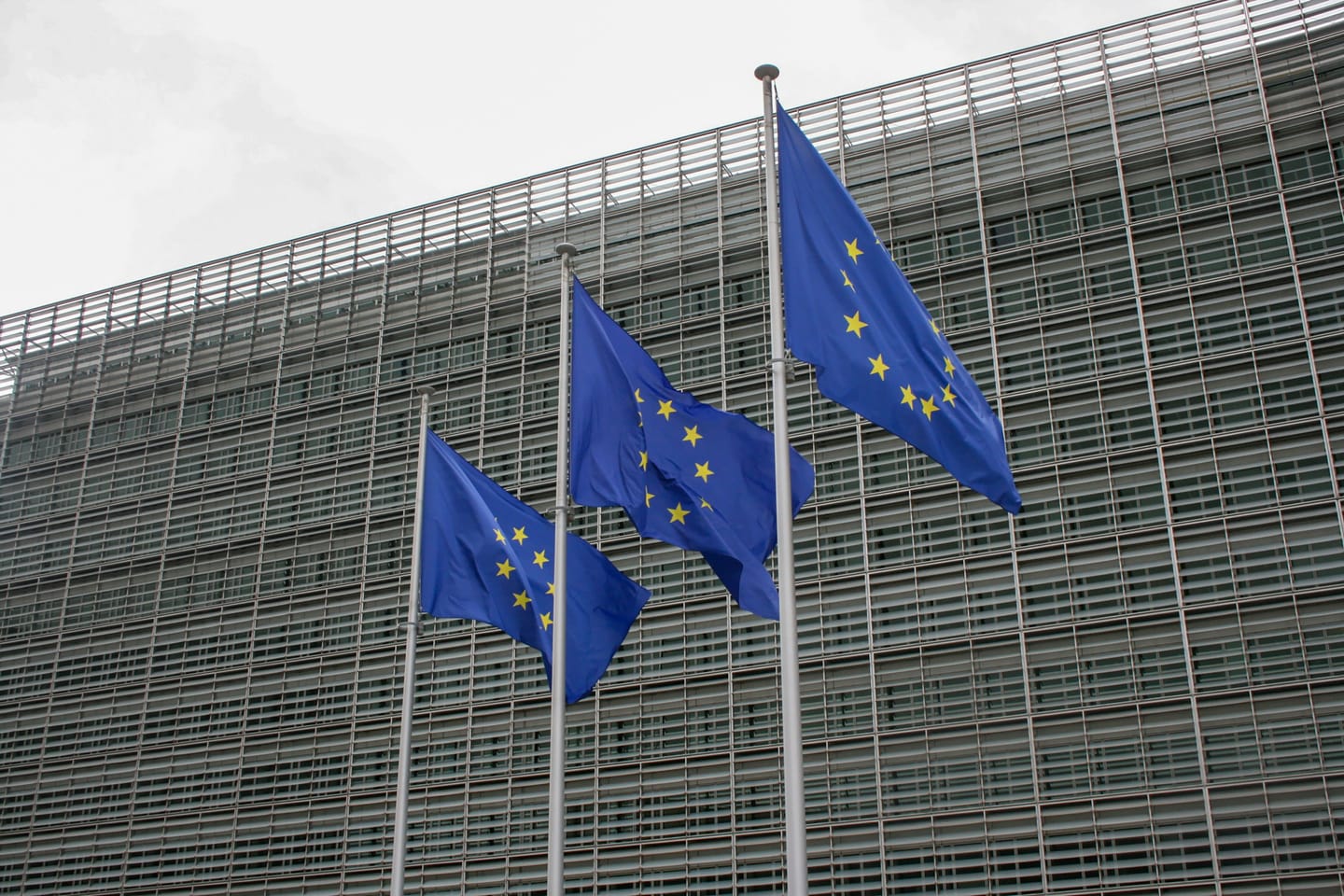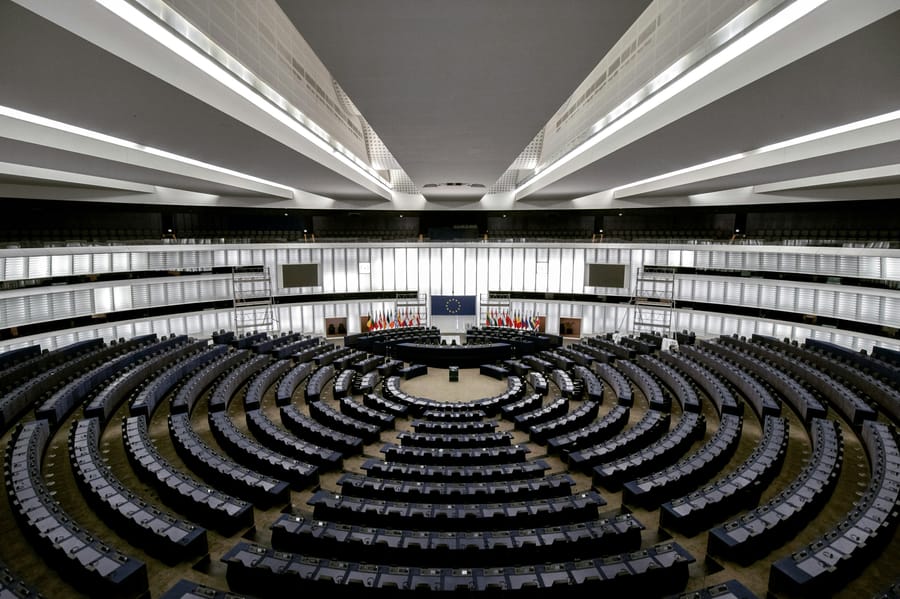OpenAI officially announced on July 11, 2025, its intention to sign the EU AI Act's Code of Practice for General-Purpose AI, committing the company to standards of safety, transparency, and accountability within the European regulatory framework. The move is significant as OpenAI becomes the first major AI developer to publicly commit to signing the code, potentially setting a precedent for other industry players. The company also emphasized its active participation in the upcoming NUDGES Europe conference, which focuses on streamlining European AI regulation and creating an innovation-friendly environment.
OpenAI's commitment covers all key areas of the EU AI Act, including system modeling and evaluation, risk management, safety testing, cybersecurity, and content labeling and traceability. According to Anna Makanju, OpenAI's Vice President of Global Affairs, the company supports the EU's efforts to ensure safe AI development and will develop its systems in compliance with the regulations. Additionally, OpenAI is actively collaborating on industry standards development and has introduced its own C.L.A.R.I.T.Y. framework, which mandates transparency in key areas such as the use of advanced AI models and synthetic data. The company's position is that effective AI regulation must balance safety considerations with innovation opportunities, particularly as the EU AI Act is expected to come into full effect by 2026, although certain provisions have already become effective as of August 2024.
OpenAI's involvement with the NUDGES Europe initiative aims to promote European AI innovation and competitiveness through regulatory framework development. OpenAI's commitment to the EU AI Act sets a particularly important precedent as the company's GPT-4 model falls under the scope of the code, making it the first such large language model to be subject to the new regulations. According to the company, signing the Code of Practice reinforces OpenAI's commitment to safe and responsible AI development while supporting the growth of Europe's innovation ecosystem.
Sources:










